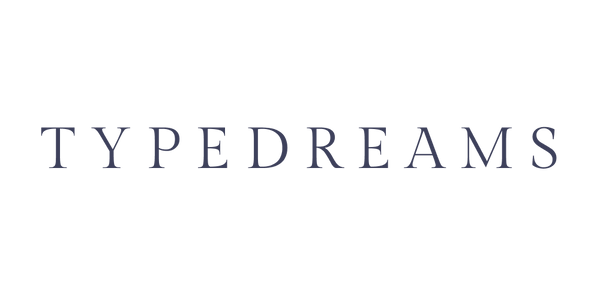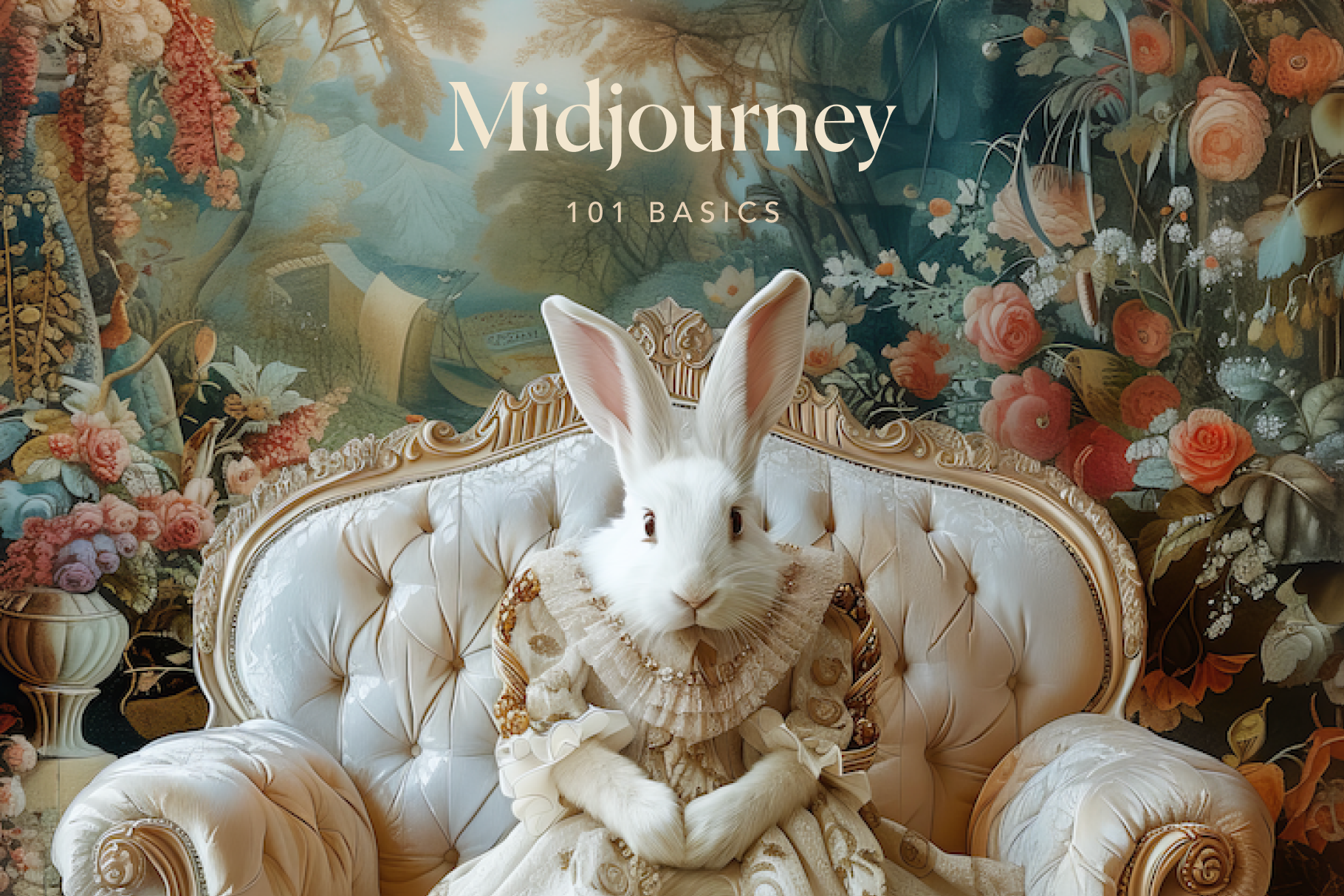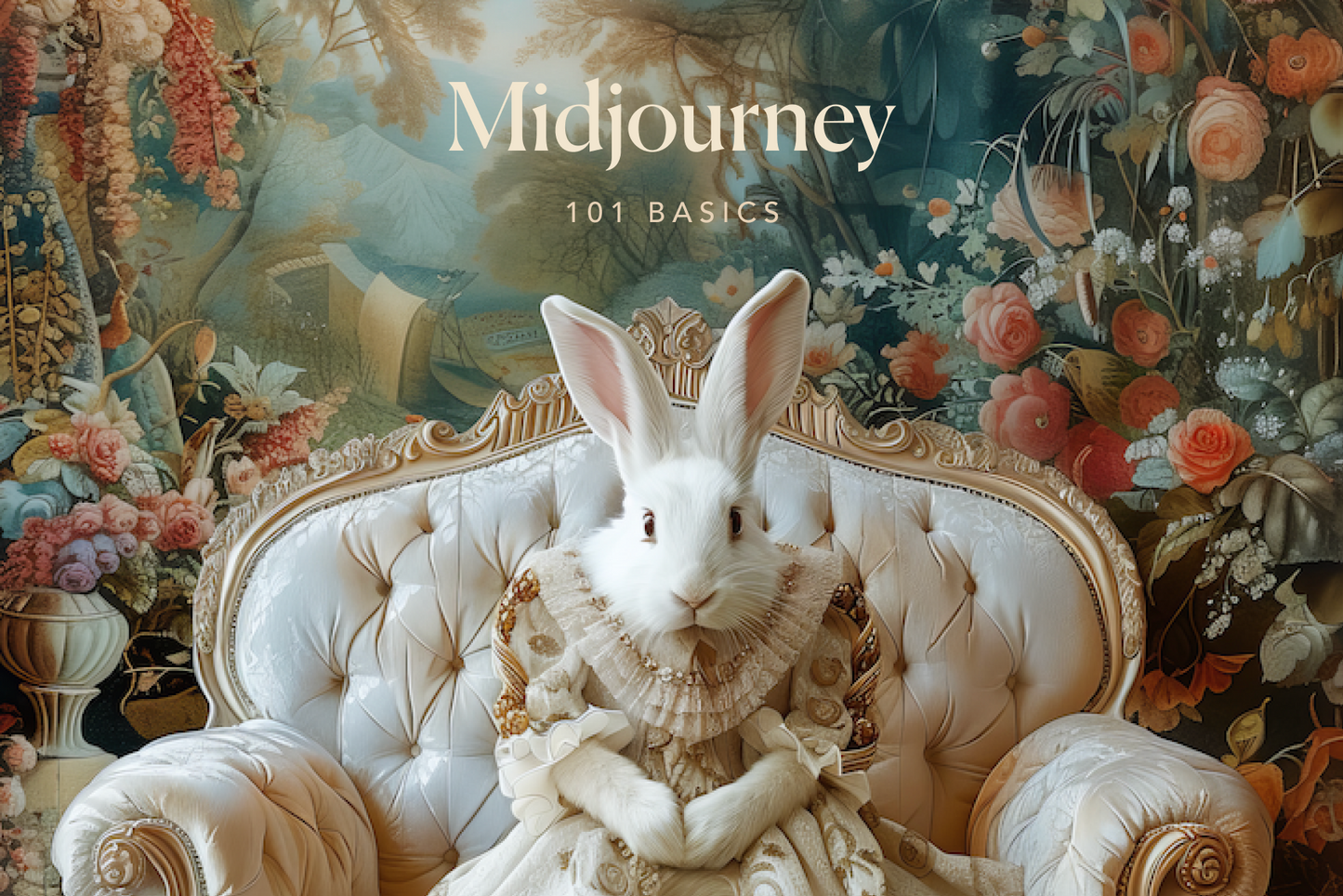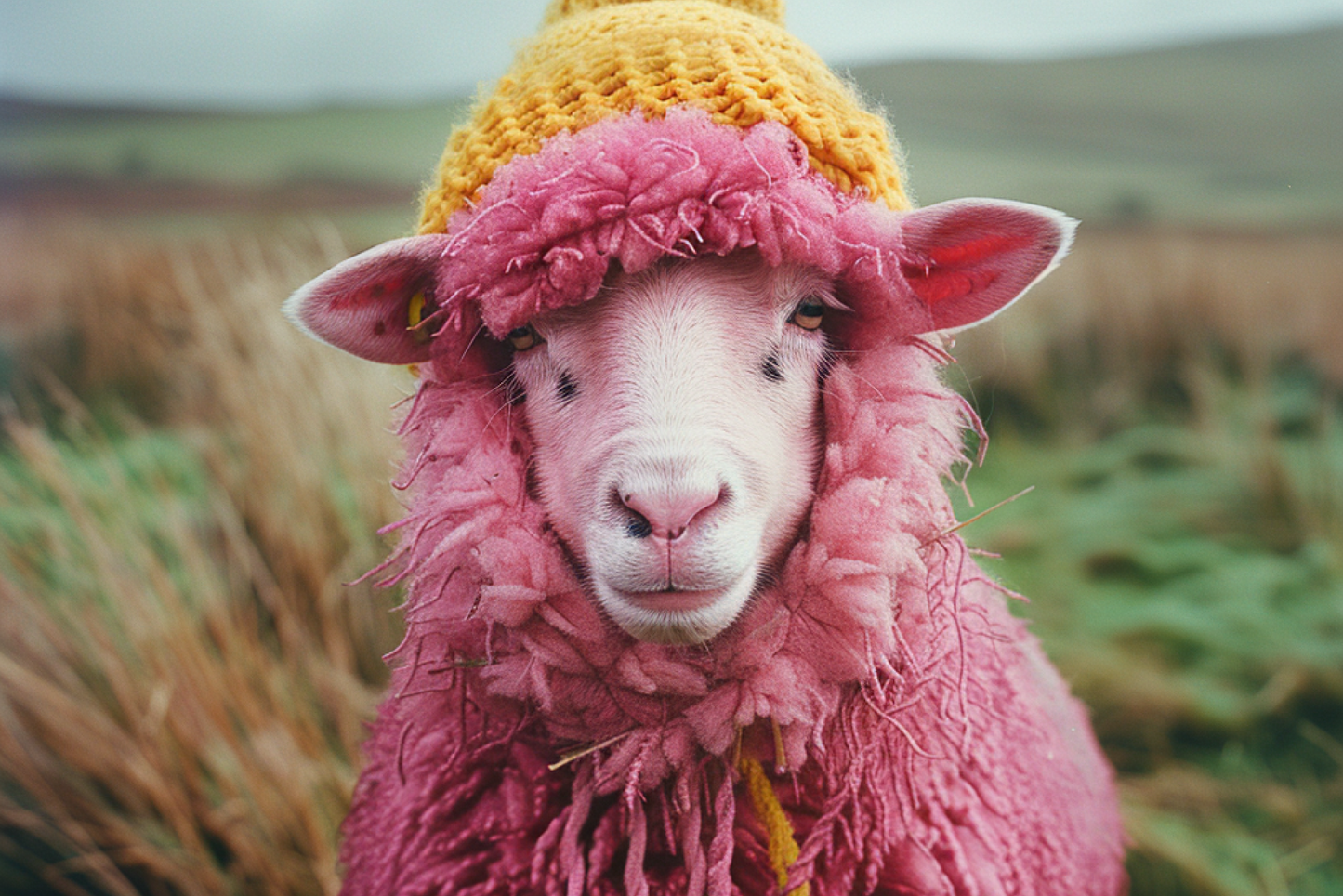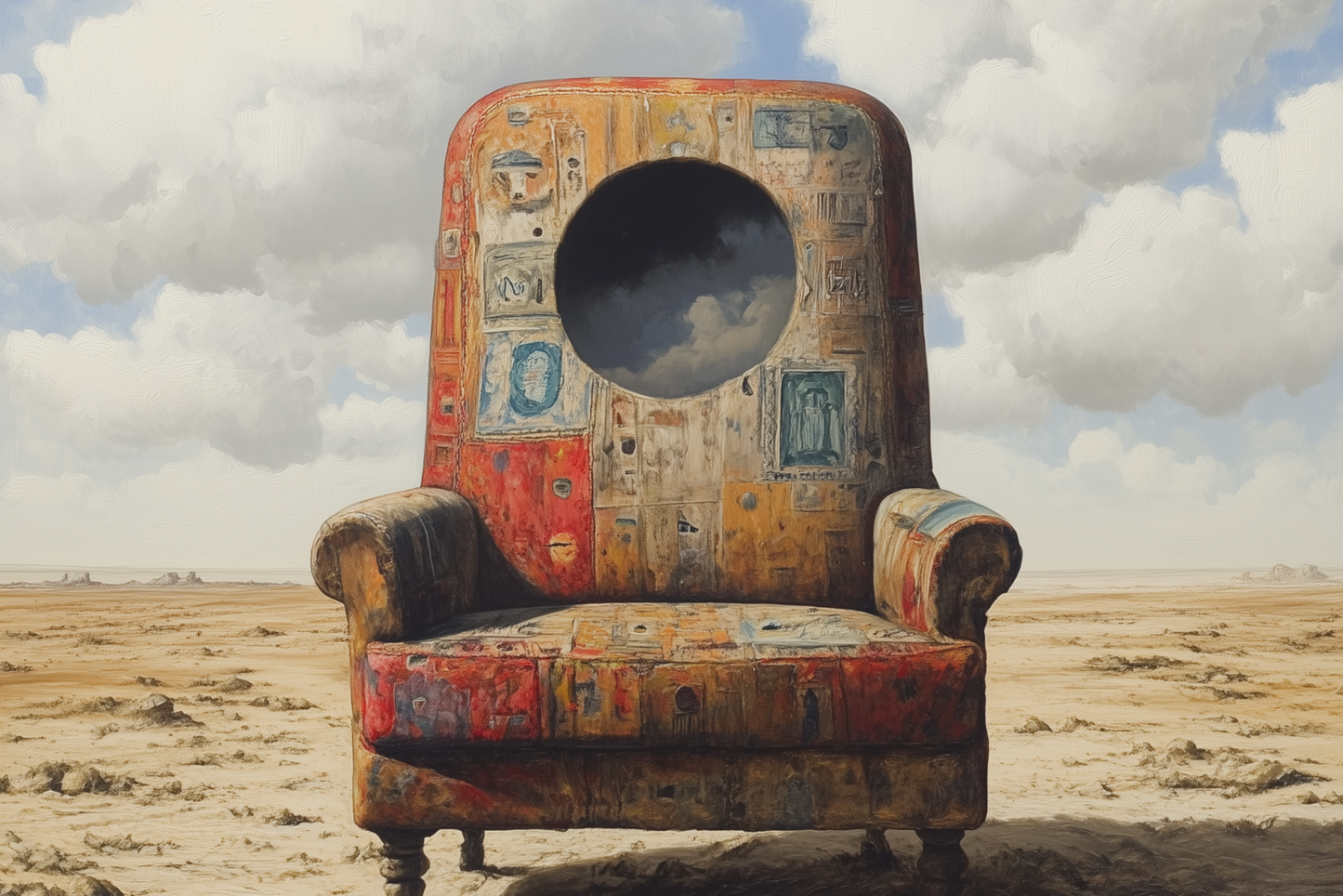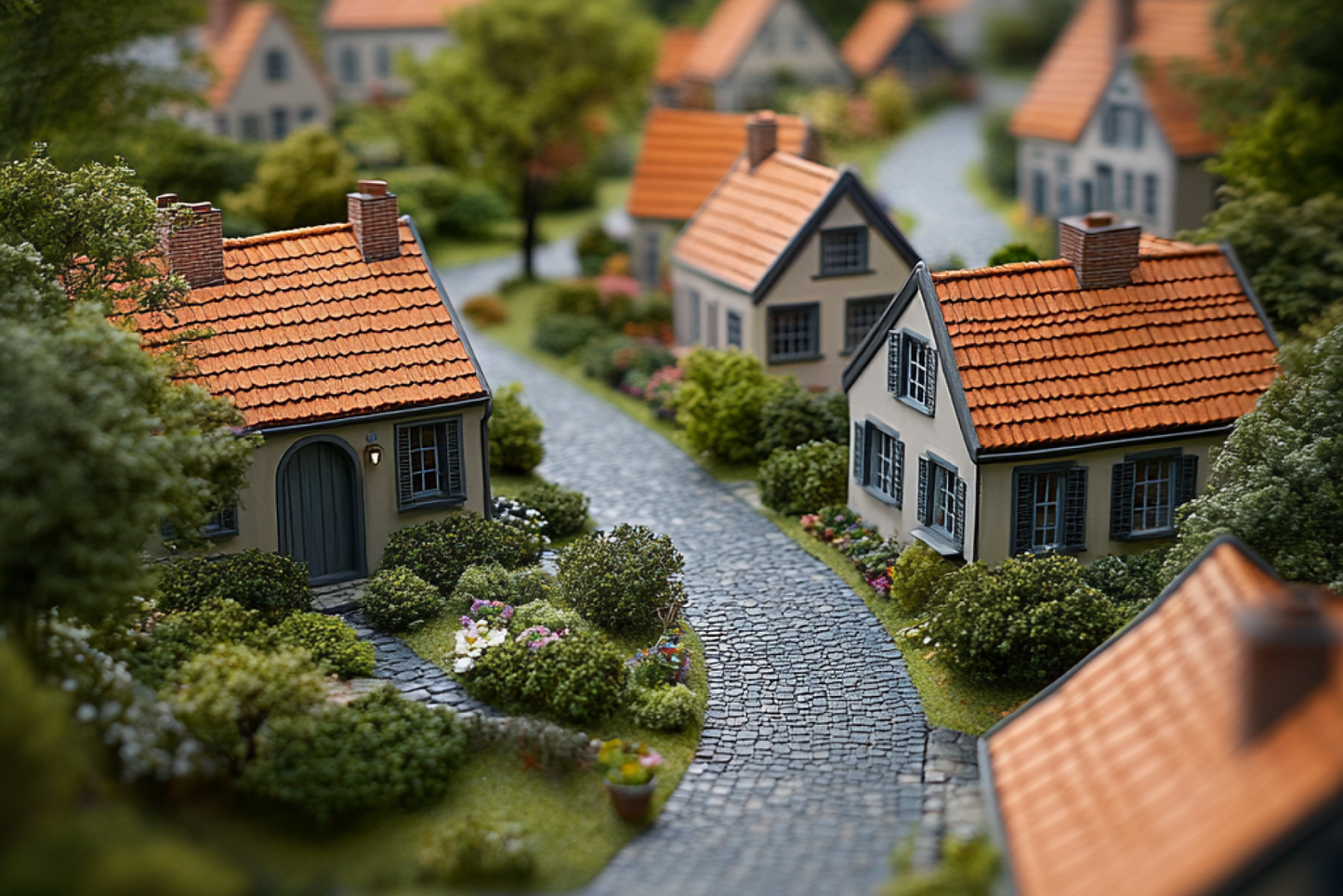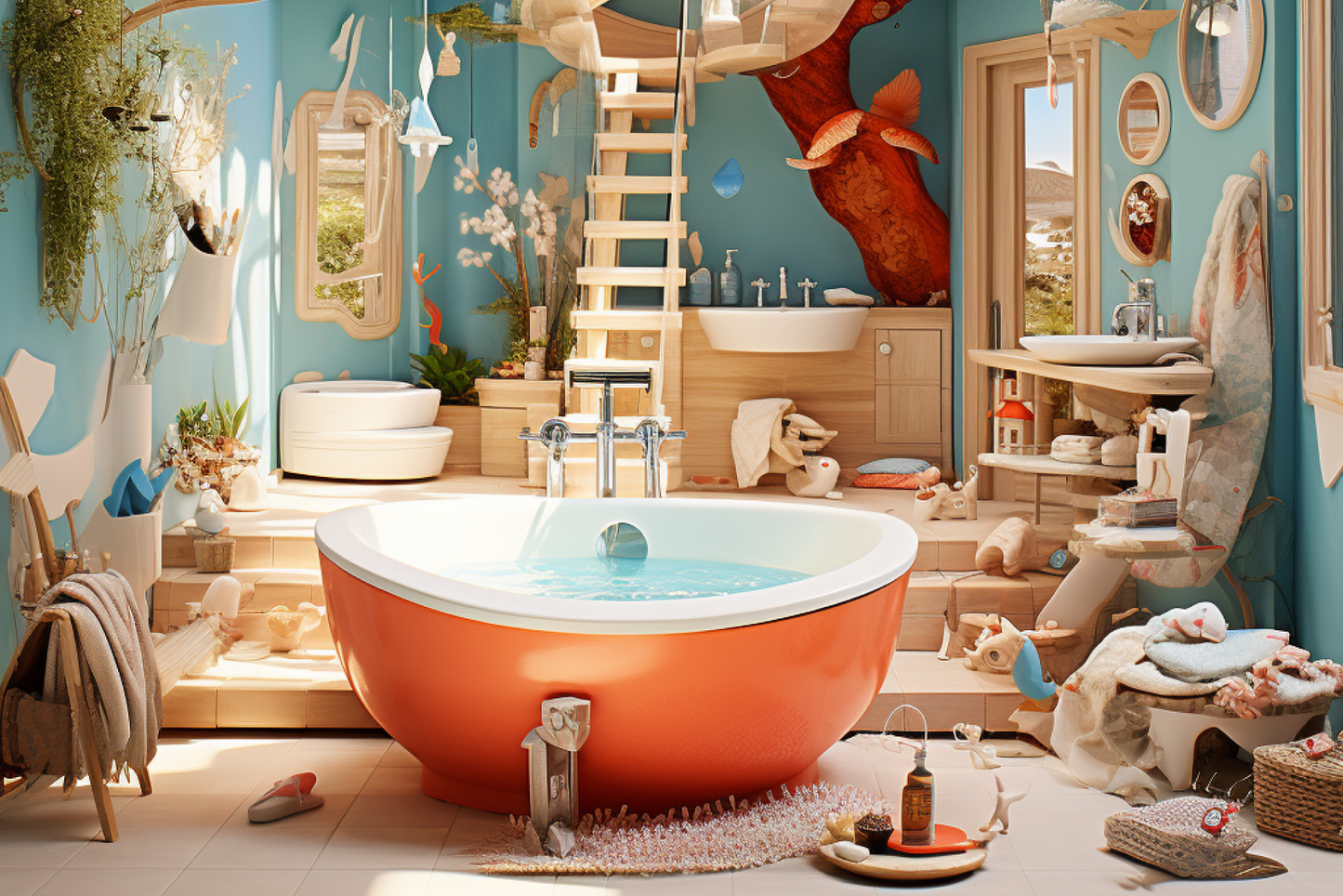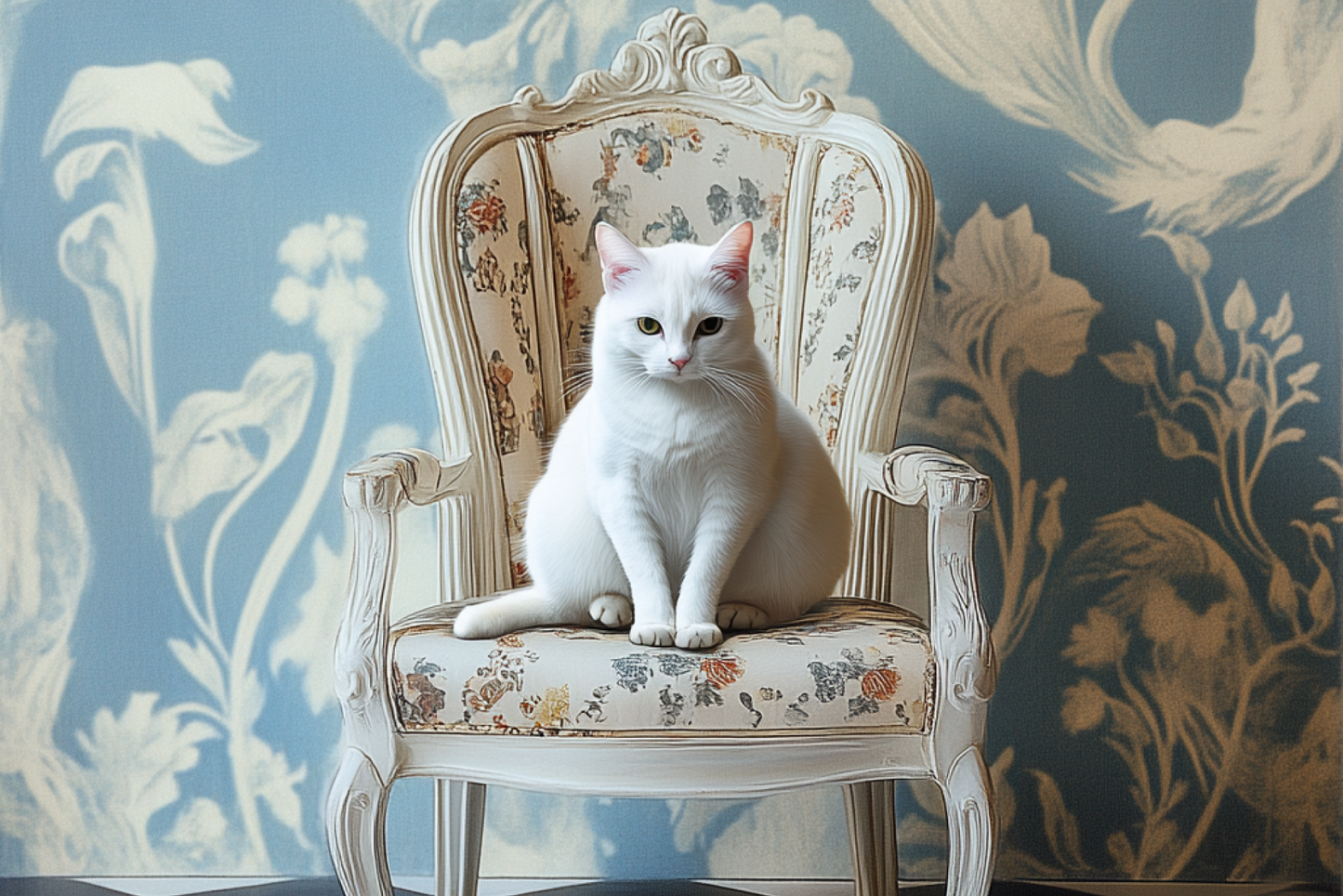
Are you ready to enhance your creativity and generate unique prompts for Midjourney? Whether you're an experienced digital artist or someone just starting to experiment with AI art, the Midjourney Prompt Builder Card Deck is an invaluable tool for crafting standout prompts. This article will guide you through the process of using the deck to create exciting and original art prompts step by step.
What is the Midjourney Prompt Builder Card Deck?
The Midjourney Prompt Builder Card Deck is a creative tool designed to help us come up with unique prompts for Midjourney. The deck contains 72 cards, each filled with examples of art references and categorised into specific sections. The sections include:
- Subject
- Medium
- Camera
- Lighting
- Colour
- Composition
- Environment
- Descriptors
- Emotions
- Textures
- Time of Day

Each section offers a variety of prompts to choose from, allowing you to combine different elements and create a truly custom prompt. What makes this deck particularly useful is its focus on creating ethical prompts. You can use the art references provided without worrying about copyright infringement, as these original suggestions and not based on specific artists' work.
A guide to crafting unique prompts
Follow these simple steps to generate your own unique Midjourney prompts using the Prompt Builder Card Deck. Let's start outlining the process.
Step 1: Shuffle the Deck
First, get your Prompt Builder Deck and shuffle the cards to mix up the different categories. This ensures that you get a wide range of ideas, making it easier to combine elements from multiple sections for a more creative prompt.
Step 2: Pick a Section
Choose one of the sections of the deck to start with. You can start anywhere, but we recommend selecting a category that interests you most. Here's a quick look at how each section works:
Subject
This section helps you define the main subject of your artwork. Some examples might be:
- A robot
- A mountain landscape
- A portrait of a medieval knight
- A futuristic city
Medium
The medium card specifies the type of art you want to create. This could range from traditional like oil painting to digital formats such as pixel art. Some possibilities might include:
- Watercolour painting
- Oil on canvas
- 3D digital render
- Pastel drawing
Choosing a medium will give your prompt a distinct aesthetic and style.
Camera
This section helps to establish the perspective and framing of the artwork. Examples of camera-related prompts might include:
- Bird's-eye view
- Close-up shot
- Wide-angle lens
- Tilt-shift effect
Camera angles significantly impact the story telling and mood of your generated artwork.
Lighting
The lighting card refers to the type of light sources you want in your artwork. Whether it's dramatic shadows or a soft, ambient glow, lighting can make or break the mood of your piece.
Examples might include:
- Natural sunlight
- Backlighting
- Neon lights
- Low-key lighting
Colour
This section is all about the colour palette. Colour choices can greatly influence the emotional tone and visual appeal of your image. Some card examples might be:
- Monochromatic
- Vibrant rainbow
- Muted pastels
- Black and white
You can either choose a specific colour scheme or allow Midjourney to interpret your selection.
Composition
Composition refers to how the elements in the artwork are arranged. It could relate to balance, symmetry, or rule of thirds. Some composition prompts might be:
- Asymmetrical composition
- Centered focal point
- Diagonal lines leading the viewer's eye
- Symmetrical balance
A good composition helps direct the viewer's gaze and makes the artwork visually appealing.
Environment
The environment card sets the scene for the subject. Whether it's an urban jungle or a desert wasteland, the environment defines the overall backdrop. Some examples:
- Futuristic cityscape
- Lush forest
- Underwater world
- Ancient ruins
Choosing the right environment adds context to your subject and enhances the narrative of your artwork.
Step 3: Draw more cards for other categories
After selecting a card from one section (for example, Subject), continue by drawing additional cards from other categories like Lighting, Textures, and Time of Day. Each new card helps refine and personalise your prompt. Here's how you could combine elements from multiple sections.
For example:
- Subject: 'A medieval knight'
- Medium: 'Oil painting'
- Camera: 'Close-up shot'
- Lighting: 'Low-key lighting'
- Colour: 'Muter earth tones'
- Environment: 'Dark, misty forest'
This combination of cards leads to a unique and specific prompt like: 'An oil painting of a medieval knight in a dark, misty forest, captured in a close-up shot with low-key lighting and muted earth tones.'
Step 4: Refine your prompts with descriptors
Once you're combined a few sections, you can refine the prompt even further using descriptors like emotions or textures. Consider adding emotional elements to enhance the depth of your artwork:
- Emotions: 'Noble', 'Sad', 'Victorious'
- Textures: 'Smooth leather armour', 'Rough bark on trees'
These details will make the generated art more specific and emotionally resonant.
Step 5: Generate your artwork
Now that you have a fully fleshed-out prompt, it's time to input it into Midjourney. Enter the text prompt into the Midjourney platform, and let the AI create your artwork based on your chosen elements.
Let's walk through an example of how to use the Prompt Builder Card Deck to create a Midjourney prompt:
- Subject: A robot
- Medium: 3D digital render
- Camera: Wide-angle lens
- Lighting: Neon lights
- Colour: Vibrant rainbow
- Composition: Asymmetrical composition
- Environment: Futuristic cityscape
- Descriptors: Energetic, smooth metallic texture
- Emotion: Curiosity
Your final prompt could be: 'A 3D digital render of a robot in a futuristic cityscape, captured with a wide-angle lens, neon light illuminating it with a vibrant rainbow colour scheme. The composition is asymmetrical, and the robot has a smooth metallic texture. The robot expresses curiosity as it explores the bustling cit.y
Conclusion
The Midjourney Prompt Builder Deck is a powerful tool for generating creative and unique prompts. By selecting cards from different categories such as subject, lighting, and environment, you can build custom prompts that spark new ideas and inspire amazing AI-generated artwork. Whether you're creating a simple piece or complex, multi-faceted scene, this deck will help ypu break free from creative blocks and produce prompts that are both original and ethical. So, shuffle your cards and start building your next masterpiece.
